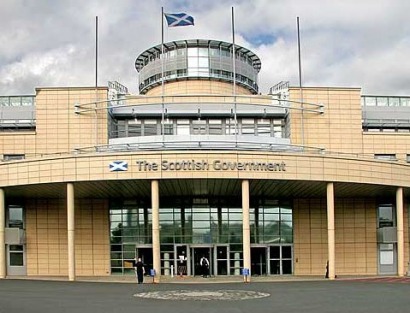
“Scotland has astounding green energy potential and vast natural resources, and we have a responsibility to make sure our nation seizes this opportunity to create tens of thousands of new jobs and secure billions of pounds of investment in our economy," Ewing said.
He continued, “This fund will help us make the most of our potential. Some have called on us to increase funding for marine technologies – this fund does that, demonstrates our commitment to marine and will ensure marine renewable projects become commercial realities. It will help ensure district heating is rolled out throughout Scotland, and will support communities developing their own local renewables projects.
“The fund will not replicate existing grant and loan support," Ewing added. "Instead, it will focus on investment by offering new and innovative instruments which complement existing funding routes. That is what this fund is all about – investing money from the technologies of the past to secure our energy future.”
The Renewable Energy Investment Fund (REIF) will initially focus on supporting communities and rural businesses to develop their own local renewable projects, on supporting district heating, and on supporting wave and tidal developers with the development and deployment of array projects.
It will seek to leverage additional finance from other sources, and will be designed to have a legacy for many years to come as the money is repaid and reinvested.
The funding is in addition to the £200 million already committed by the Scottish Government in the Spending Review over the next three years, which includes funding to improve renewables infrastructure.
The REIF will complement funding from the Green Investment Bank (GIB), which has also received a funding boost from the Fossil Fuel Levy in Scotland. While the GIB is designed for projects at a “near commercial” stage, the REIF will be used to support projects at an earlier stage of development.
In addition to the REIF, Mr Ewing also announced a further £2 million support for community renewables for 2012-13. This is to build on the existing Community and Renewable Energy Scheme (CARES) while arrangements are made to support community projects through REIF.
For additional information:

